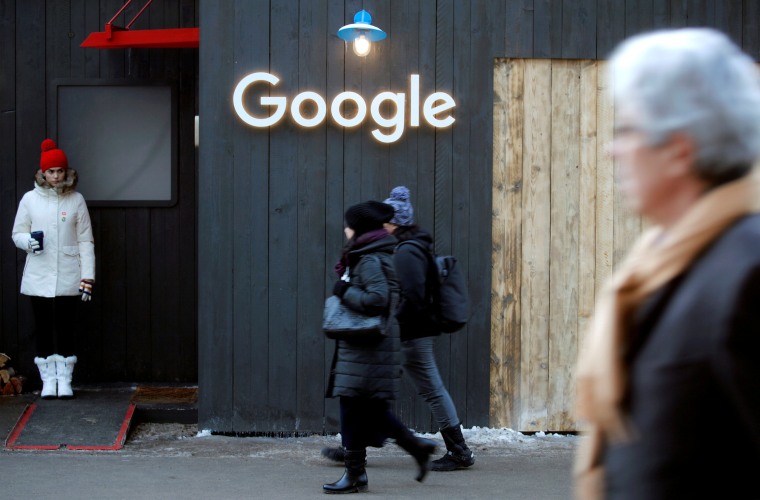Google says it has removed ads for companies that charged exorbitant fees or that mined the personal data of people who used the search engine to learn how to vote.
A study by the Tech Transparency Project, a nonprofit watchdog for the tech industry, searched on Google for information such as "register to vote" and "where is my polling place." Nearly a third of the more than 600 ads from those searches charged users to register to vote, mined their data for third-party voter registration services, signed them up for marketing emails or misleadingly took them to sites unrelated to voting.
One such site, hosted by a company called PrivacyWall, charges users $129 for "same-day processing" to register to vote. Eligible American voters can register to vote directly with their states or territories for free, and most states offer online registration.
PrivacyWall didn't respond to a request for comment.
Like other major U.S. tech companies, Google says it is trying to stem the spread of election misinformation, and it has taken a number of steps to steer Americans to correct information about how to vote. In February, the company announced "policies that prohibit deceptive practices and abuse such as voter suppression and misrepresentation in our products," including Google Ads.
A Google spokesperson said the company investigated and removed the offending ads Monday after having been informed of the study, saying they violated company policies.
"We are committed to protecting users from abuse on our platforms, especially when it comes to information about elections. We have strict policies in place to protect users from false information about voting procedures, and when we find ads that violate our policies and present harm to users, we remove them and block advertisers from running similar ads in the future," the spokesperson said.
